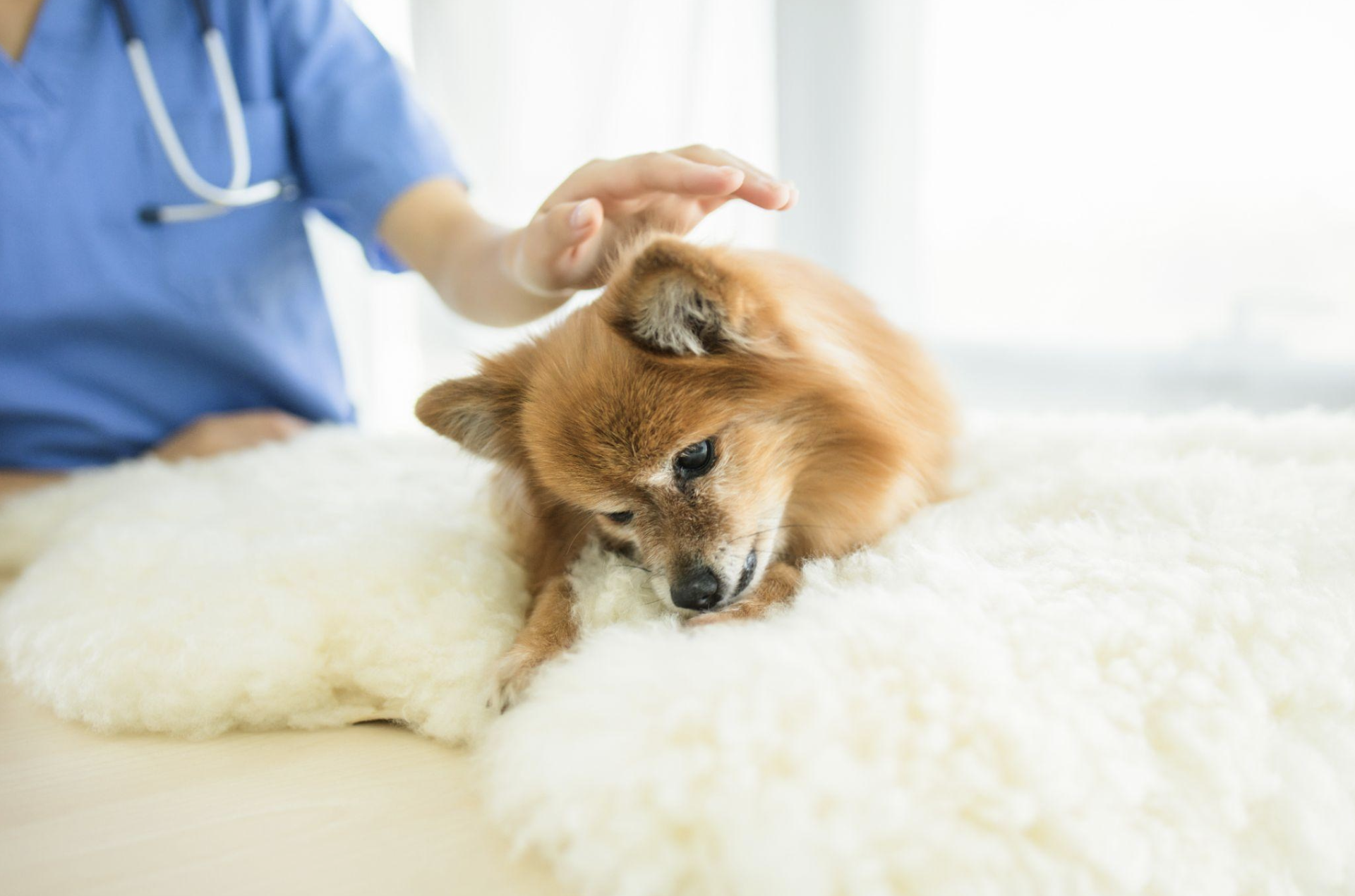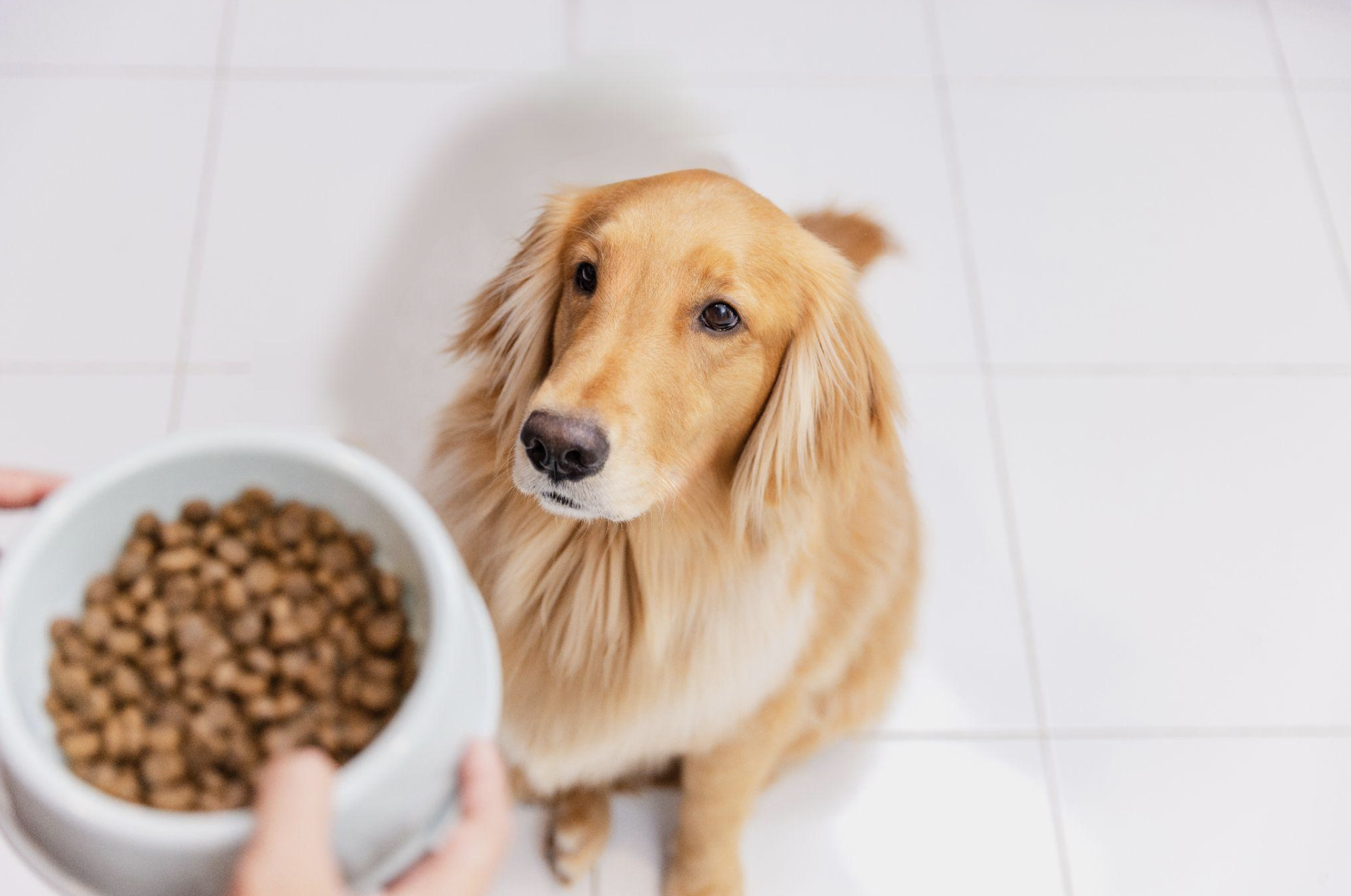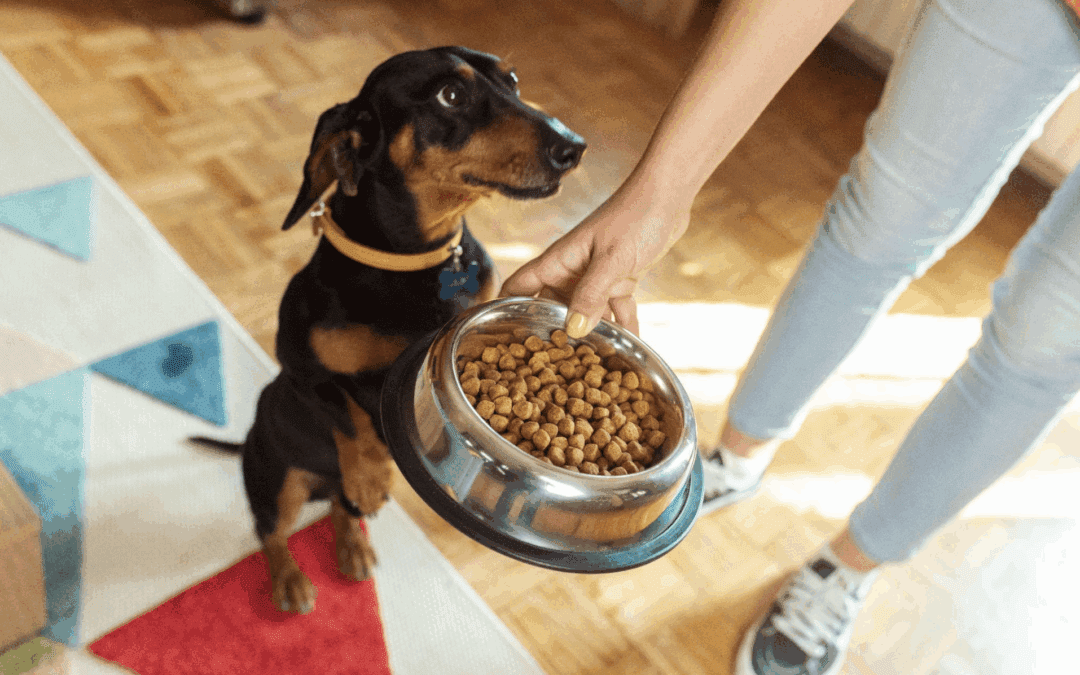Neutering brings important health benefits, but it also reshapes your pet’s metabolism and appetite. If you’re worried about weight gain in your newly altered pet, this guide from Newport Mesa Animal Hospital offers clear insights and practical steps to keep them fit, energized, and healthy for the long term.
How Does Neutering Affect Hormones?
After spaying or neutering, pets experience a drop in reproductive hormones. This change reduces their daily energy requirements, yet makes them hungrier for more food. Studies show adult cats, for example, require up to 30 percent fewer calories post-surgery. Without adjusting food intake, weight gain can happen quickly. Neutered pets may also lose interest in roaming or active behaviors, which further decreases calorie burning. Obesity becomes a real concern if diet and activity aren’t adjusted.
FAQs: What Pet Parents Want to Know
When do appetite changes begin?
Many pets show increased hunger within days after neutering.
Will growth in young pets be affected?
If your pet is still growing, hold off on calorie reduction until they finish skeletal maturation.
How rapidly do weight changes happen?
Cats often gain noticeable weight within 6–10 weeks if their diet isn’t adjusted.
6 Smart Nutrition Strategies After Neuter Services
1. Reduce daily calories by 20–30%.
2. Prioritize filling, high-protein, high-fiber diets.
3. Switch to weight management or neuter-specific formulas.
4. Measure food and track body condition.
5. Incorporate daily activity.
6. Monitor weight closely.

1. Reduce Daily Calories by 20–30%
Since energy needs drop significantly, cutting calorie intake helps prevent gradual weight gain. Keep an eye on body condition and adjust portions as needed.
2. Prioritize Filling, High-Protein, High-Fiber Diets
Diets rich in fiber or protein support satiety without excess calories. These nutrients help your pet feel full longer and reduce grazing habits.
3. Switch to Weight Management or Neuter-Specific Formulas
Pet foods labeled for neutered or weight-controlled pets are designed to meet reduced energy demands while offering essential nutrients. They are a smart base for daily meals.
4. Measure Food and Track Body Condition
Use a measuring tool for accuracy. Follow a body condition score to ensure your pet stays fit with a sustainable feeding approach.
5. Incorporate Daily Activity
Even short, daily walks or play sessions help offset reduced metabolism. Consistent movement supports joint health and energy balance as hormone levels stabilize.
6. Monitor Weight Closely
Weigh your pet every few weeks. A difference of just one (1) pound indicates adjustments are needed in diet or exercise.
Design a Post-Neuter Service Diet Plan with Newport Mesa Animal Hospital
Every pet is unique. At Newport Mesa Animal Hospital, our team offers tailored advice based on your pet’s age, breed, activity level, and nutritional needs. We provide expert vet exams and diet plans to help you manage post-neuter health with confidence and ease.


